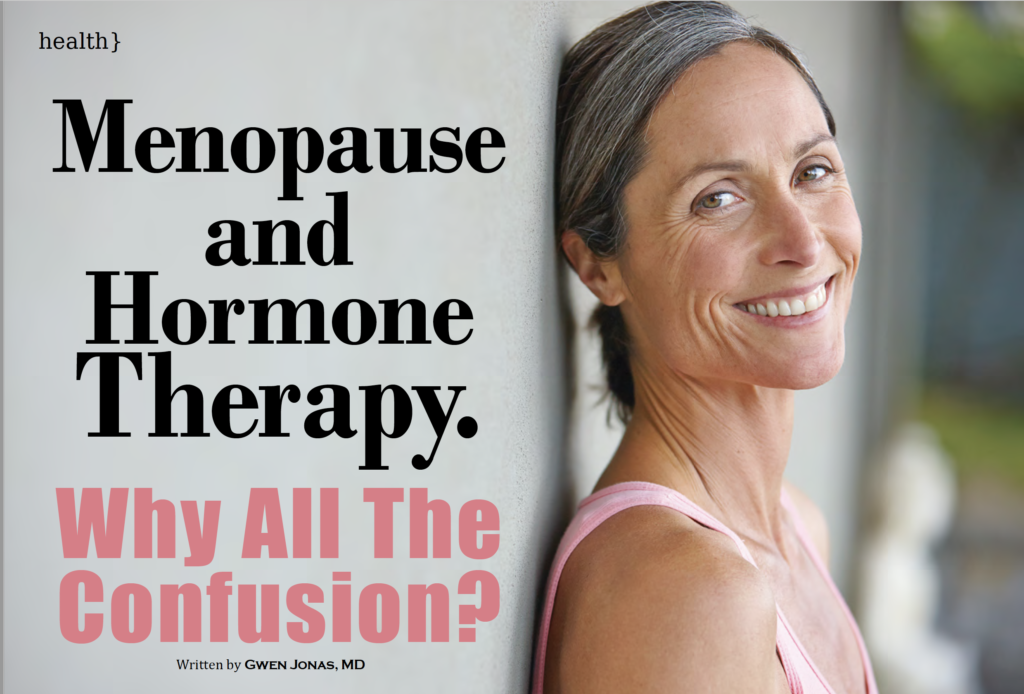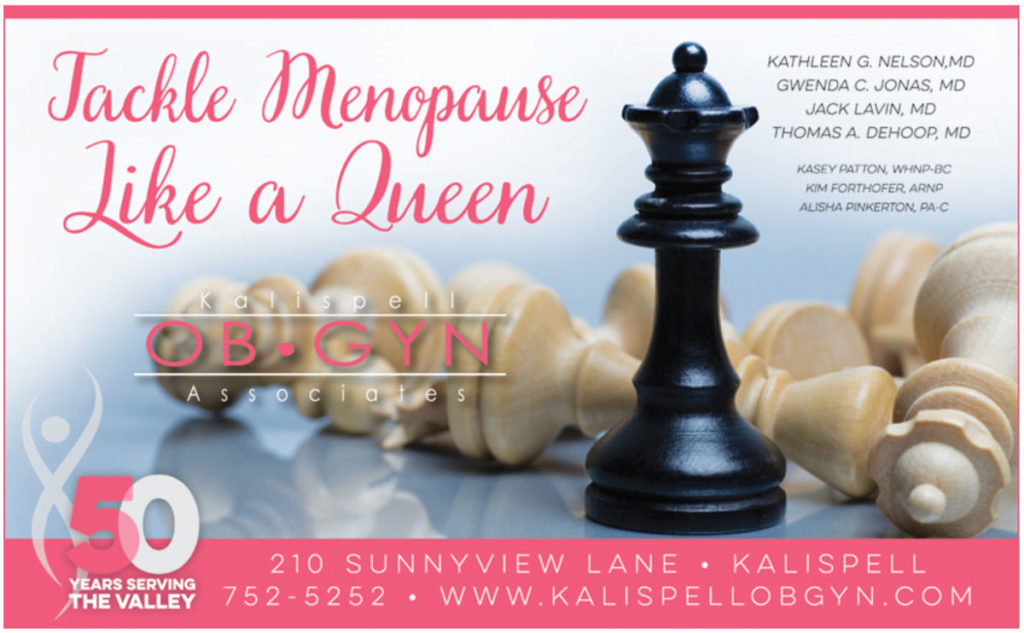Posts Tagged ‘menopause’
Menopause and Hormone Therapy – Why All The Confusion?
Gwen Jonas, MD, discusses the perimenopausal transition and menopause, defining menopause as a period of 12 months without menstruation due to decreased ovarian function and hormone production. Symptoms affect 75% of women, including vasomotor symptoms (hot flashes, night sweats) and mood changes, and can last 7-10 years. Menopause also brings symptomless risks like bone weakening and increased heart disease risk due to poorer cholesterol profiles and insulin resistance. Hormone Replacement Therapy (HRT) is presented as an effective treatment for many, addressing misconceptions about its safety based on updated research. HRT benefits include symptom relief and reduced risks of bone fractures, diabetes, and possibly heart disease in women starting it within ten years of menopause before age 60. Various HRT delivery methods and the importance of discussing risks, like blood clots and stroke with a healthcare provider, are highlighted. “Bioidentical” hormones are clarified, and continuous use of HRT beyond 65 is considered if symptoms persist, emphasizing individualized treatment decisions.
Read MoreMenopause
Written by Marci Mangold, PA-C Did you know that only half of women aged 50 continue to have intercourse, and by age 70, only 27 percent are sexually active? According to a study at Johns Hopkins, this is a natural effect of aging, and it is not surprising that the older we get the less…
Read MoreOsteoporosis
Osteoporosis literally means porous bones. Following menopause, women are at increased risk for development of osteoporosis due to the sharp decline in estrogen levels during this transition. Women should understand their individual risks, talk to their practitioners about when screening is right for them, and learn about prevention and if needed, treatment of osteoporosis.
Read MoreTackle Menopause Like A Queen
Menopause, with the deple on in estrogen, is defined as the absence of menstrual periods for 12 months. The average age of menopause is 51, though changes in hormones or perimeno- pausal changes can begin several years prior to menopause.
Read MoreQ: I am having a hysterectomy as I have a prolapsed uterus and want to know if it is wise to have my ovaries removed?
By Dr. Thomas deHoop / Kalispell OB/GYN A: The answer is dependent on a few factors such as age, family history, risk of heart disease and osteoporosis with age being the most significant. You have to balance the risks of removal (premature menopause) against therisks of leaving the ovaries in place. After ovarian removal, ovarian…
Read More




